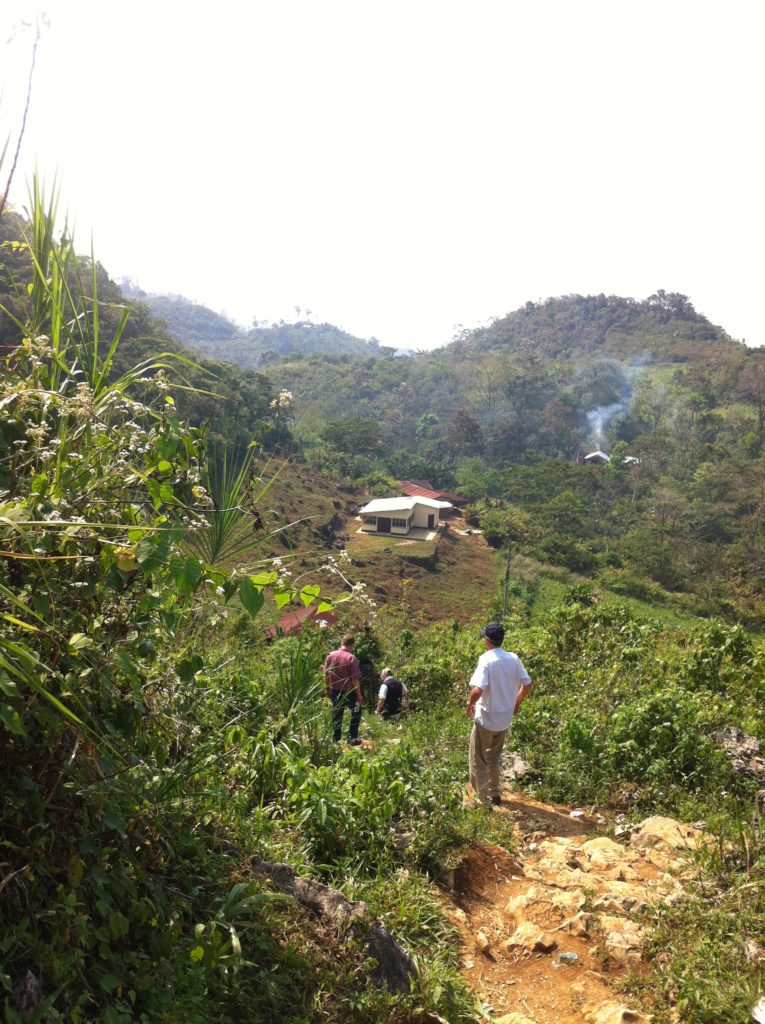November 22nd, 2014 | By Eric Peterson
Dimagi Case Study
From our technology partner Dimagi
"Another dimension for scale is by adding additional programs to a pre-existing mHealth project. If CHWs are using a mobile solution to support their maternal and child health work, adding an additional TB app would represent program expansion. Economies of scale can be achieved through program expansion when there is low marginal cost per additional use case. In order to achieve this, it’s important that the system is built to be configurable and handle complexity.
Case Study: One example of this is TulaSalud, a Guatemalan NGO whose CHWs are providing healthcare services in Guatemala’s Alta Verapaz region. When Tula first adopted CommCare in 2012, they designed a CommCare application that included a maternal health module to support 200 CHWs in managing high-risk pregnancies. Within a few months of first using CommCare, Tula staff decided to apply mHealth to their malaria and malnutrition programs, and added malaria and malnutrition modules to their CommCare application.By the time Tula decided to add additional modules, they had already invested significantly into establishing their mHealth program, including buying phones, testing CommCare, running pilots, training CHWs to use CommCare, developing their first module, etc. Adding malaria and malnutrition modules required a much smaller level of effort (developing the modules and training CHWs), and enabled the organization to achieve economies of scale through program expansion. [Read the full TulaSalud case study]."
